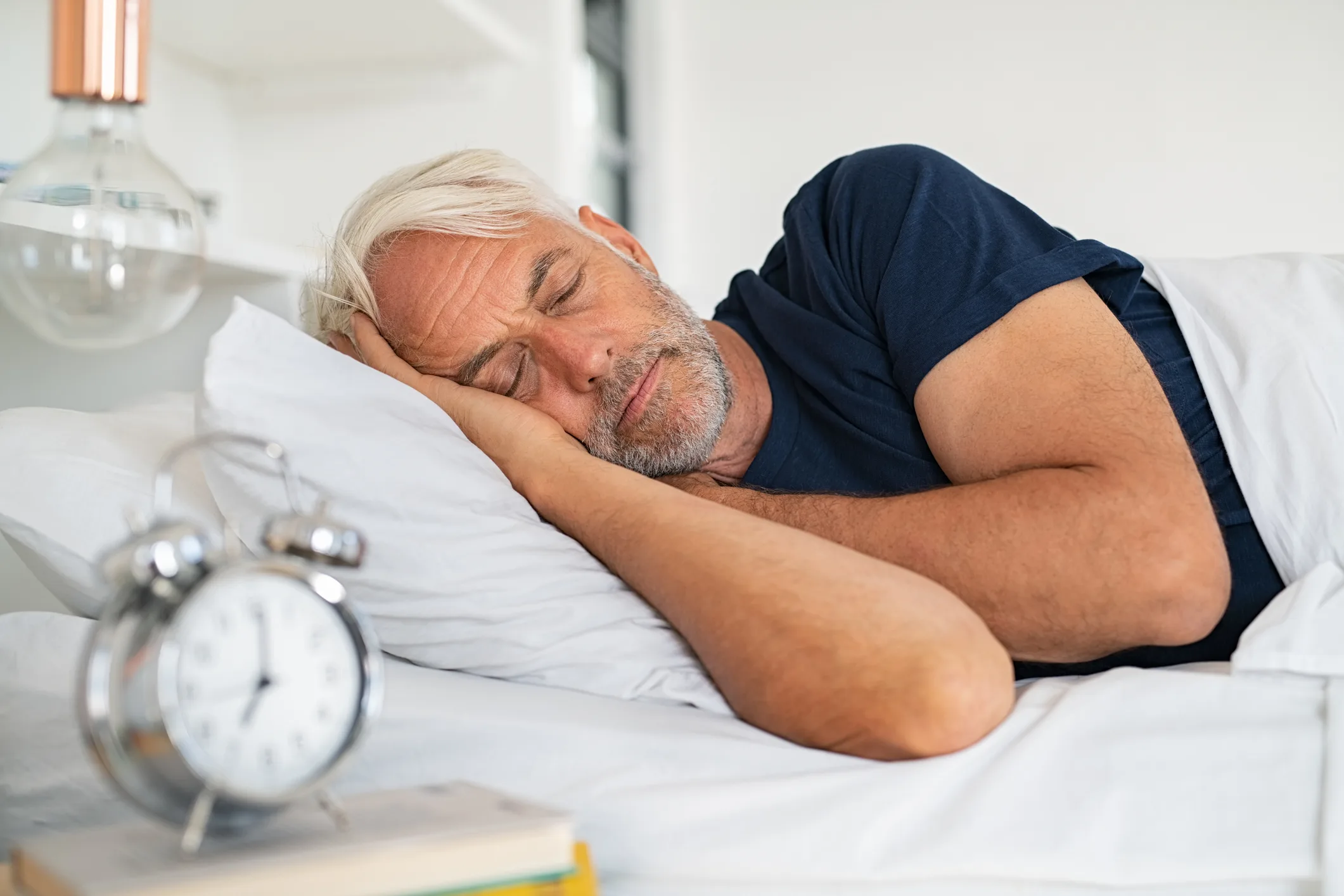We all know that some people pop out of bed ready to go, while others need a bit more time (and coffee) to get moving. Turns out, this isn’t just about personal preference; it’s deeply tied to your body’s natural internal clock, called your circadian rhythm.
Your Body’s Inner Schedule
These amazing internal clocks do more than just tell you when to feel sleepy. They actually control many of your body’s daily jobs, like releasing hormones or setting your blood pressure. Scientists are finding that these daily rhythms are super important for keeping us healthy and strong as we get older. Think of it like your body running on a very precise schedule, and if that schedule gets messed up, things can go a bit haywire.
Now, a new study from the University of Florida Health has found something interesting: when and how consistently you’re active each day might be linked to how fit your heart and lungs are, and how easily you can walk. These are big indicators of how well you’re aging.
The study showed that older adults who moved around earlier in the day and had a more consistent daily activity schedule had better heart and lung fitness compared to those who were active later or had more unpredictable routines.
Dr. Karyn Esser, a lead author on the study, explained, “While we’ve always known that being active helps us age well, this study suggests that when you’re active might also be important.” It seems your body really likes a predictable daily rhythm.
Early Birds and Consistent Movers
The study, published in Medicine & Science in Sports & Exercise, looked at about 800 older adults, around 76 years old on average. These folks wore special wristbands that tracked their activity for a week. Then, researchers checked their heart and lung health.
Here’s what they found:
- More active during the day, more rest at night: People who were much more active during their “awake” hours compared to their “rest” hours tended to have better heart and lung fitness and walked more efficiently. So, really get moving when you’re supposed to be awake!
- Peak activity in the morning: Those who had their busiest time of day earlier, like in the morning, also showed improved heart and lung fitness and walking ability. The early bird might just be the healthier bird!
- Same time, every day: People who were consistent with their activity patterns – meaning their busiest time of day happened around the same time each day – also had better health results. Your body thrives on routine.
It’s important to know that “activity” doesn’t just mean going to the gym. It includes all sorts of everyday movements like walking, gardening, cleaning, or even grocery shopping.
While this study doesn’t prove that being an early bird will definitely make you healthier, it does open up some cool possibilities for the future.
Listening to Your Body’s Clock
Dr. Esser pointed out that everyone has a unique “chronotype” – essentially, whether you’re naturally a morning person (a “lark”) or an evening person (an “owl”). This natural tendency might play a big part in our health.
“We’re moving toward a future where understanding and respecting our individual rhythms can help guide medical care and daily living,” Dr. Esser said. Imagine a future where doctors might suggest the best times for you to exercise or take certain medications, all based on your body’s unique internal clock.
And yes, Dr. Esser confirmed that she’s a morning person herself, a true “lark.” But she quickly noted that many of her science buddies are “owls” who prefer to burn the midnight oil. So, whether you’re a chirpy morning person or a night-loving owl, paying attention to your body’s rhythm might just be a key to a healthier, more active life.
Source:
Timing and consistency of activity linked to better fitness in older adults











